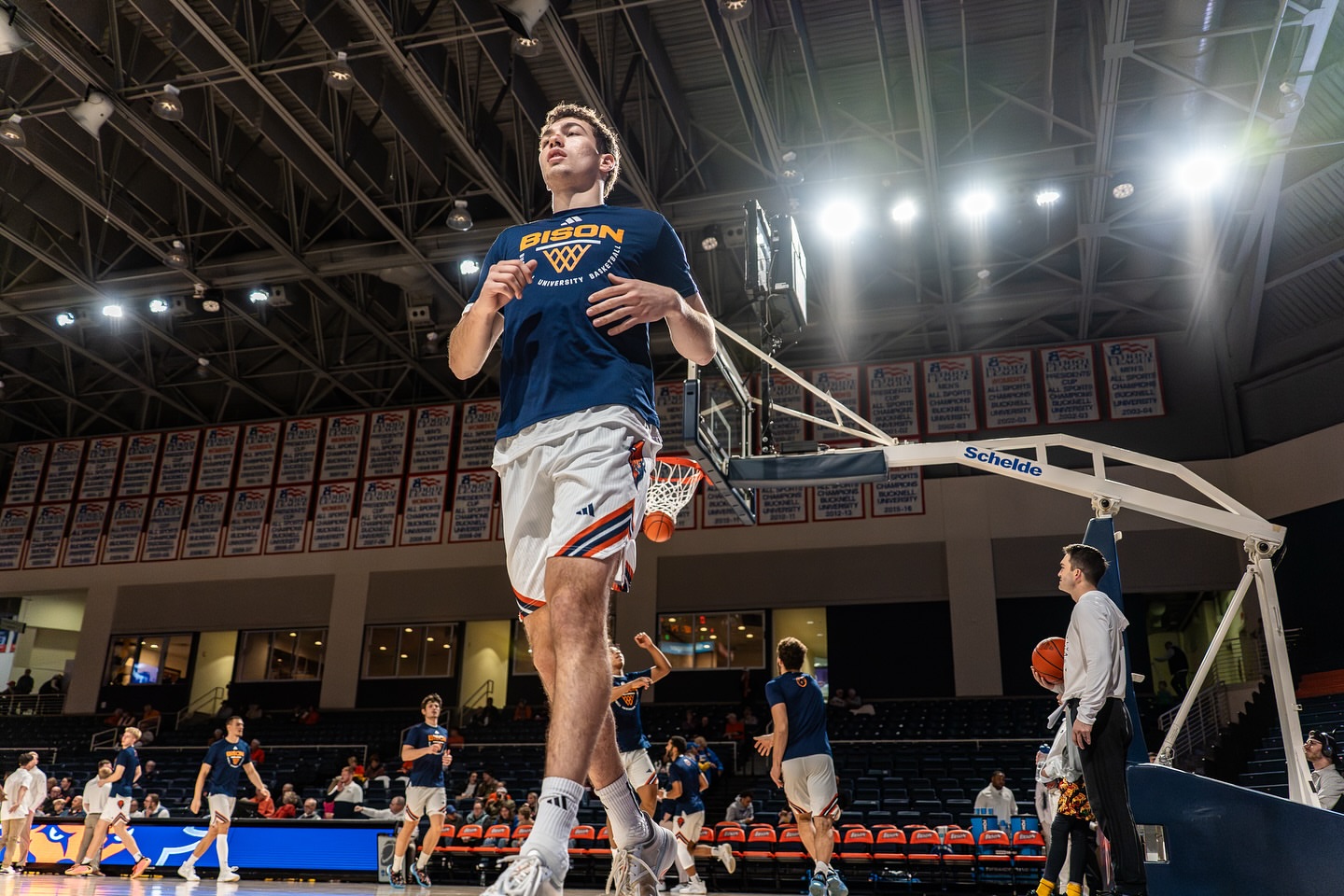It’s no secret that football / soccer is a physically demanding sport that requires a combination of technical skills, tactical knowledge, and physical fitness.
Conditioning plays a crucial role in a player's ability to perform at their best throughout a match, especially the longer the game progresses. The importance of conditioning in football & soccer plays a huge role in the outcome of matches, as much as it is a team sport.
It is also very individualized when it comes to roles and responsibilities for the team, after all 96% of game athletes are running about with only 3-4 minutes of this time spent actually touching the ball.

We all know that when we are tired our decision-making isn’t as clear and assertive as we know it can be.
Conditioning is vital to optimizing performance in any sport and football / soccer is no different.
The nature of the game, with its continuous movement, high-intensity sprints, and frequent changes in direction, demands excellent aerobic and anaerobic fitness levels.
Well-conditioned athletes have better stamina resulting in more effective decisions being made on the pitch and enabling them to maintain high energy levels throughout a match. With improved endurance, players can execute technical skills accurately and withstand physical challenges from opponents.
Soccer Conditioning Drills
Along with enhancing players' aerobic and anaerobic levels, other aspects also contribute to the conditioning of athletes.
Speed and agility are essential attributes for players, as they enable quick movements, sudden changes in direction, and rapid acceleration and deceleration. This can be improved by focusing on fast feet drills using ladders or hurdles, sprint intervals, and plyometric exercises.
All of these combined can help athletes develop the speed and agility necessary to outperform opponents and enhance reaction times in game situations.
Injury prevention
Conditioning is a critical aspect of football & soccer training that will directly impact players' performances, injury prevention, and overall development.
The fact that football & soccer are contact sports that possess a high risk of injuries through fast-paced movements, frequent tackles, and aerial duels, means that players need to build their bodies to withstand the physical demands of the game.
Well-conditioned muscles are less prone to fatigue, enabling players to maintain their performance levels, especially in the latter stages of games.
With football & soccer requiring players to run, jump and perform explosive multi-directional movements, muscular endurance is vital for athletes to carry out game plans and patterns to match the intensity that the game is played. By incorporating sport-specific drills and interval exercises, players can improve muscular endurance.

Nutrition and Hydration in Conditioning:
Proper nutrition and hydration are pivotal for soccer players aiming for peak conditioning.
A balanced diet fuels endurance training, essential for the sustained energy elite soccer players need. Incorporating strength training and soccer conditioning workouts requires high-quality protein for muscle repair and recovery.
And don't forget about hydration strategies. They're key to keeping up performance during those tough soccer conditioning drills and agility training. Staying well-hydrated helps you to push through the day's session and bounce back faster tomorrow.
And about meal timing – it’s a game changer. Matching your meals to your training schedule makes sure you’ve got the energy you need for the next soccer game or session.
Carbs before you hit those power moves and protein after to fix up those muscles. In a team sport like soccer, where it’s all about agility, strength, and pushing your endurance, getting your nutrition and hydration right can really set you apart as an elite player.
Periodization and Training Methods:
Periodization in soccer training is your ultimate guide through the season's demands. It ensures that players' training intensifies as their schedules and bodies evolve, preventing plateaus and promoting continuous improvement.
Now, let’s dive into how players gear up throughout the year.
Pre-season training
Pre-season is when the grind kicks in. Here, the focus is on building aerobic fitness to ensure players can go the distance. Interval training ramps up, pushing players to their maximum speed while keeping an eye on training volume to avoid burnout.
In-season training
In-season training fine-tunes the foundation. The conditioning coach balances maintaining peak soccer performance with recovery. Drills are more specific to the team's play.
Off-season training
Off-season isn’t downtime. It’s a chance to recover and rebuild. Lower-intensity exercises maintain fitness levels without overdoing them. This prepares players mentally and physically for the cycle to begin again.
Monitoring and Tracking Performance:
In team sports, understanding and enhancing athletic performance is key. With recent developments in sports science, technology and data analytics become game-changers.
Wearable devices and GPS tracking are at the forefront, offering real-time insights into players' physical capabilities and conditioning levels. This data serves as a roadmap to tailor training, maximize power training, and reduce injury risks.
Performance analysis software dives even deeper, turning complex data into actionable insights.
With these tools, coaches can fine-tune programs to the unique dynamics of how their teams play, ensuring that every player's ability is optimized.
Psychological Conditioning and Mental Toughness:
Soccer isn’t just a physical game; it's a mental marathon too. Embracing sports psychology like visualization and mindfulness can help players prepare both their bodies and minds for the game’s demands.
Through visualization, players mentally rehearse soccer conditioning drills, enhancing their agility training and endurance.
Mindfulness helps in focusing on the present to reduce game-time anxiety.
These techniques, alongside targeted mental endurance training, sharpen concentration and decision-making under pressure.
Strengthening mental toughness ensures that players maintain peak performance during critical moments thereby, making psychology as crucial as physical conditioning in on-field high-stakes environments.
Recovery and Regeneration Strategies:
After pushing hard on the field, the right recovery strategy is crucial not just for getting back on your feet but also for
Here are some top tips:
Rest and Sleep:
The foundation of recovery. Quality shut-eye and active rest heal and restore the body.
Massage Therapy:
Helps in loosening tight muscles and improving circulation.
Cool Down and Stretch:
Essential right after games or intense training to ease muscle tension.
Hydration and Nutrition:
Replenish fluids and nutrients to repair muscles and restore energy.
Active Recovery:
Low-intensity activities like walking or swimming help keep the blood flowing without stressing the body.
Mental Relaxation Techniques:
Practices such as meditation or yoga can speed up recovery by lowering stress levels and improving mental health.
Adaptations for Different Playing Positions:
Every player brings unique skills to the pitch. Position-specific drills and exercises are crucial for optimizing these skills and enhancing overall team performance.
Here's how you can tailor conditioning programs for different positions:
- Forwards: Focus on high-intensity drills to develop speed and power, improving their ability to break through defenses.
- Midfielders: They require a mix of aerobic capacity and ball control exercises to maintain a high fitness level throughout the game.
- Defenders: They benefit from strength and power development training to enhance their physicality and tackling ability.
- Goalkeepers: Need specialised training sessions that enhance their reflexes, agility, and aerial reach.
Youth Development and Long-Term Athletic Development (LTAD):
Kicking off a soccer journey early sets the stage for greatness. Tailoring training to be age-appropriate not only boosts skills but also guards against injuries. So, why not start young?
Starting with age-appropriate training is essential. It ensures youth players are developing skills that align with their current stage of growth, making the learning process both effective and enjoyable.
Alongside, focusing on injury prevention from the get-go is crucial.
By introducing the basics of movement early on and then gradually increasing the complexity and intensity of the training, young athletes can enjoy a safer sporting environment. This careful progression safeguards their well-being while nurturing their athletic journey.
Maximizing Soccer Performance Through Endurance Training and Conditioning
Effective conditioning sessions incorporated with appropriate rest and recovery patterns can aid the prevention of overuse injuries and ensure players recuperate as quickly and efficiently as possible.
Therefore conditioning is a critical aspect of football & soccer training that will directly impact players' performances, injury prevention, and overall development. Improving fitness levels, speed, agility, and strength will ultimately contribute to enhanced performances on the pitch.
Appropriate physical conditioning builds resilience, reduces the risk of injury and contributes to confidence levels and mental toughness.
Players and teams who prioritize conditioning will find themselves better equipped to withstand the physical demands and challenges of the game.
Looking to enhance your on-field strategy with tailored conditioning exercises?
Discover how PlayerData EDGE GPS can transform your training approach. This elite-level GPS tracker provides detailed insights into your activity, enabling precise adjustments to your workouts.
Unlock the full potential of your training sessions and elevate your game with unparalleled accuracy.




